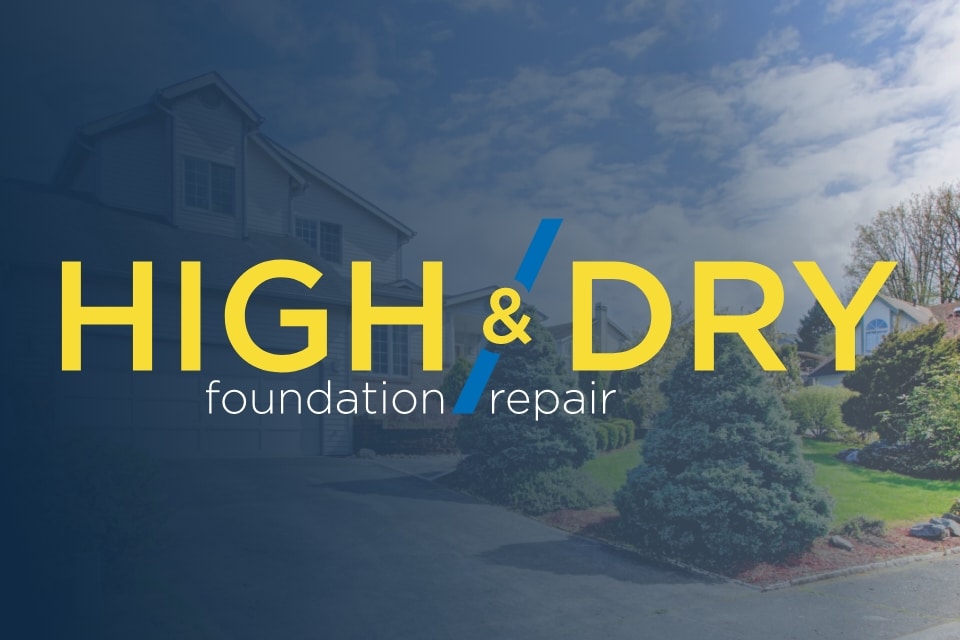
Dry-laid stone foundations are charming and were standard practice for many homes a hundred years ago. These foundations were hand-laid, usually by the very farmer whose house would sit on them, using available stone. Some of these old foundations still survive today, but with the passing generations, room additions and remodeling may have added new foundations of concrete block or poured cement. Such a foundation hodgepodge requires a professional touch to properly maintain and repair.
Stone Foundations
Those old stone foundations require a lot of attention. Dry-laid stone is not always a weakness, especially if the foundation does not reach down below the frost line. The periodic upheaval and settling of the ground above the frost line can lead to foundation cracks. In a dry-laid stone foundation, a little give and take is built right in -- the stone wall can flex and move slightly without telegraphing that movement to the house walls.
Finding the true frost line is tricky, says High Plains Journal, but most modern foundations will reach down between 24 and 30 inches. Our professional foundation repair experts will inspect and survey the existing dry-laid stone foundation and assess its depth.
If your home built on dry-laid stone walls has a moisture or pest problem, we can often repair the problems by injecting mortar between the stones to lock everything together, whether you have a crawl space or full basement.
Hybrid Foundations
The real challenge for any foundation repair is a mix of foundation materials, as often happens when one generation adds on to an older home or original farmhouse. With passing years, a typical home may have many foundation materials, including:
- Dry-laid stone
- Mortared stone
- Brick
- Concrete block
- Poured concrete
- Poured concrete with steel rebar reinforcement
Each material has its unique issues, but where the various materials meet, complex forces are at work:
- Compression and tension
- Unequal thermal expansion
- Different rates of malleability (compressing forces) and ductility (stretching forces)
Symptoms and Solutions
When foundations include a combination of different materials, cracks where the dissimilar materials meet are the first sign of weakness. Each portion of the foundation must be repaired using methods suitable to that part. Then, the crack between, say, stone and concrete block can be filled and sealed.
Poured concrete will crack at corners, sometimes allowing the entire wall to rotate (its top moves inward) in large pieces. This deformity is not obvious or sudden but can be corrected using helical piers, wall anchors or carbon fiber strips. However, none of these remedies can be used on a stone wall.
Brick and concrete block will crack in stair-step fashion along mortar lines. Carbon fiber strips are ideal for repairs to stabilize these foundation walls. Because such walls are pieced, wall anchors are not always the best solution. A long-term remedy is to excavate the exterior of the wall, provide ample waterproofing and then backfill.
Dry-laid stone walls will show stress by ejecting stones from their usual resting position. Though alarming to find a piece of your foundation sitting on the basement floor, such a symptom does not mean the whole house is about to topple. We will reset displaced stones and, if needed, mortar in key areas.
For mortared stone walls, cleaning out and replacing old mortar is generally the best repair. This tightens up the entire wall. At a joint between, say, mortared stone and poured concrete, the space can be filled with material that expands and compresses as needed when the two different foundations are altered by thermal expansion.
Professional Grade
Foundation repair is difficult work. Correctly assessing the cause of problems is only the first step to making the right repair. When mixed materials are part of your home's foundation, leave the work to professionals. Please contact us to find the right solution to your old home's foundation woes.